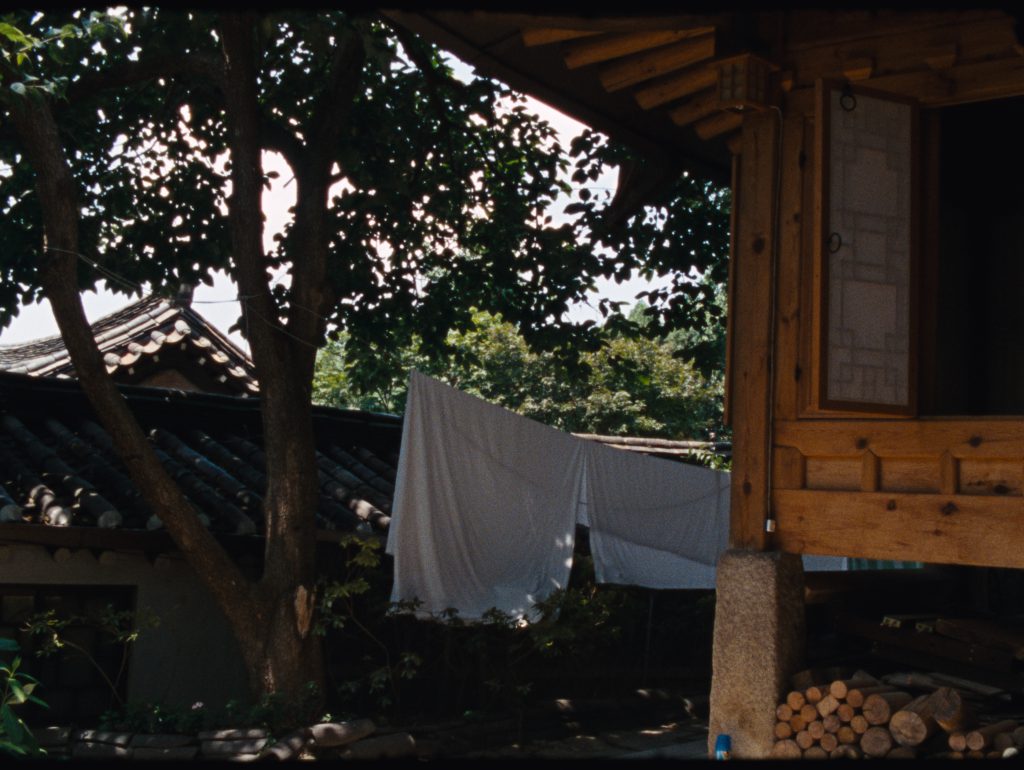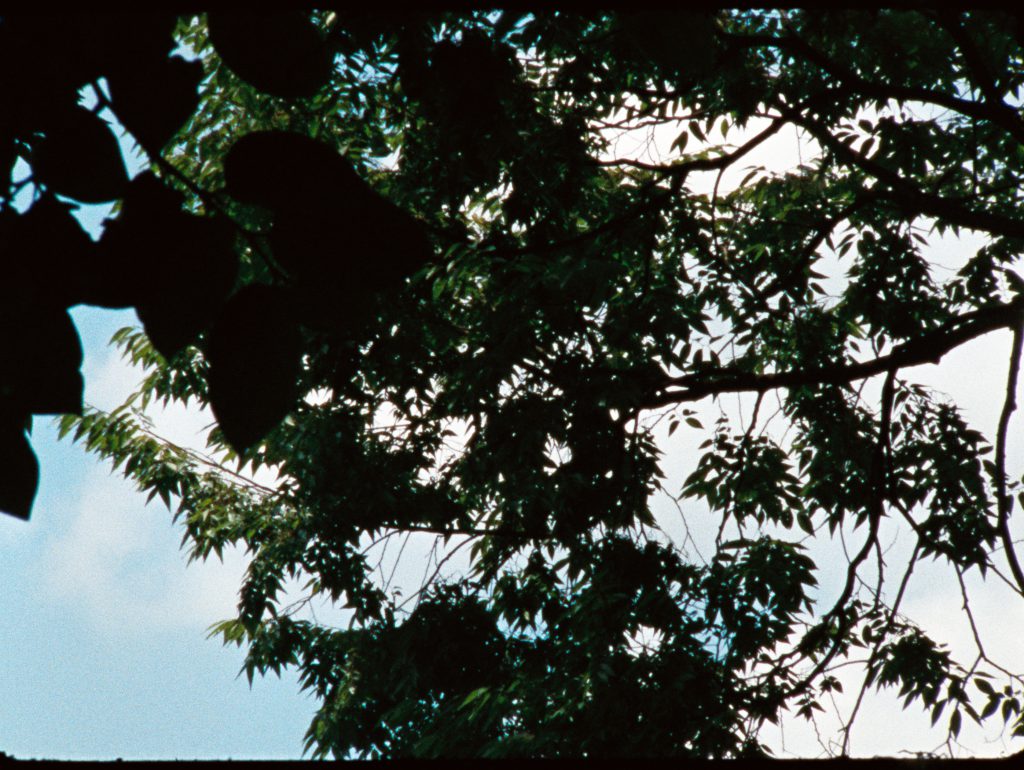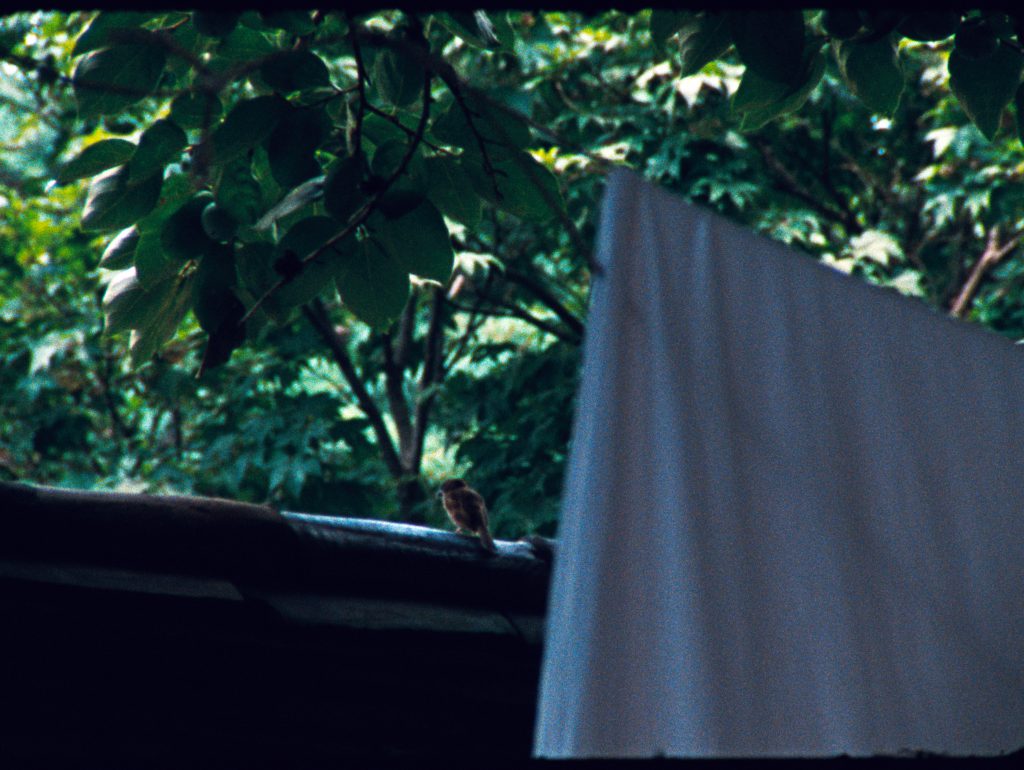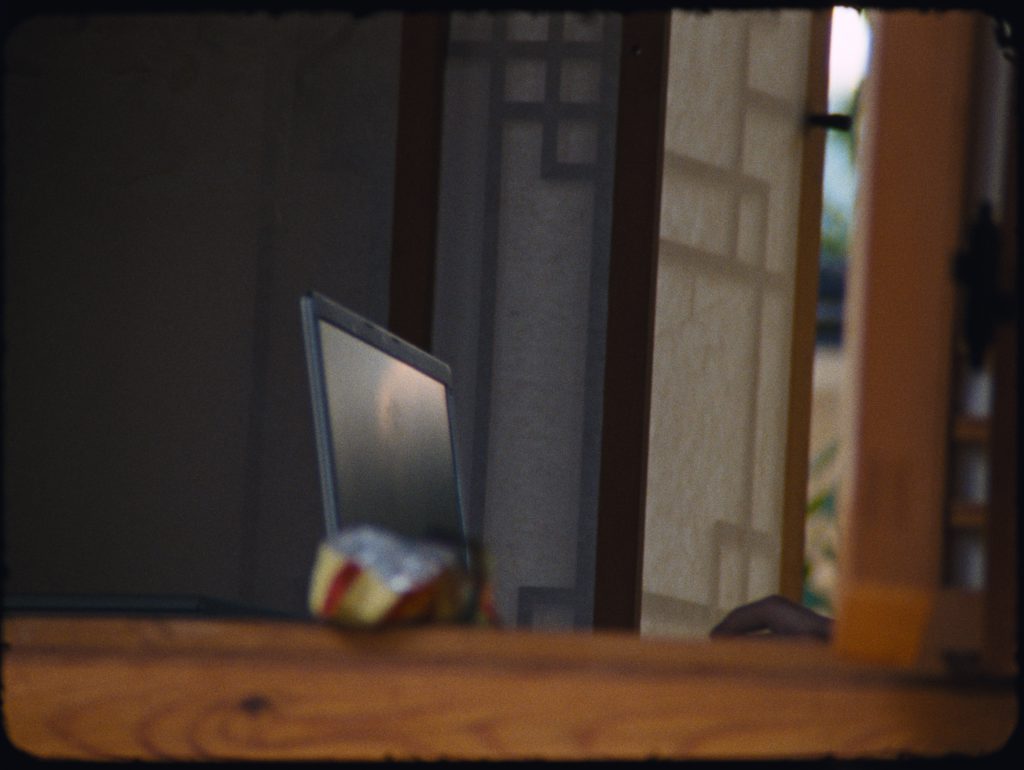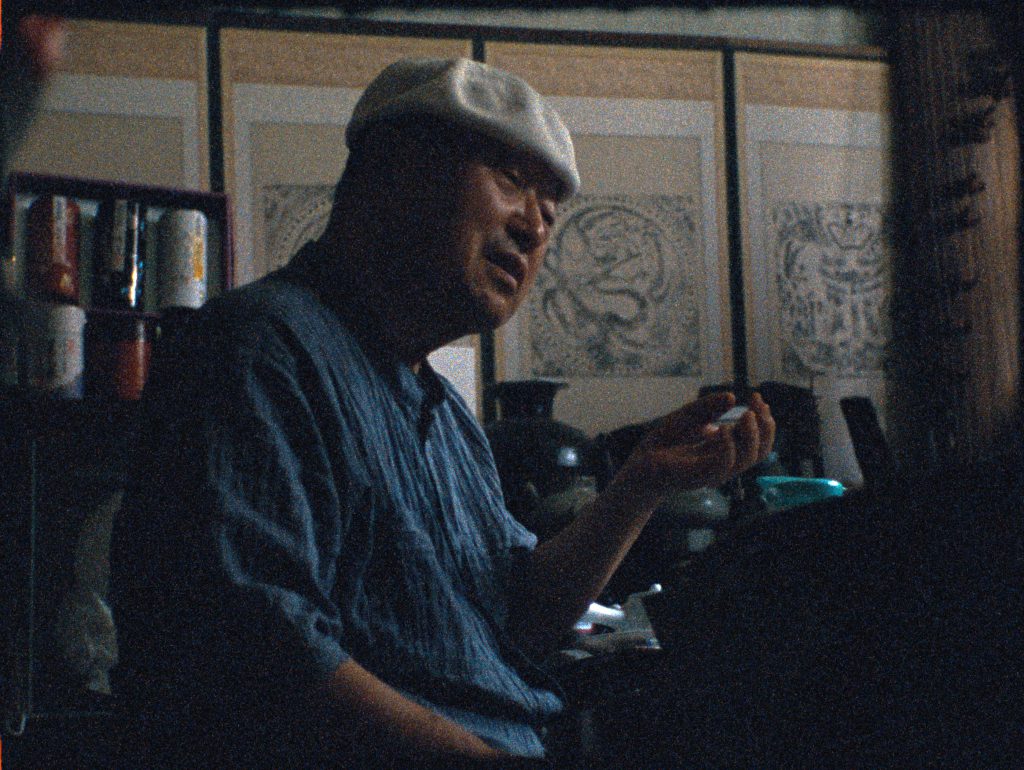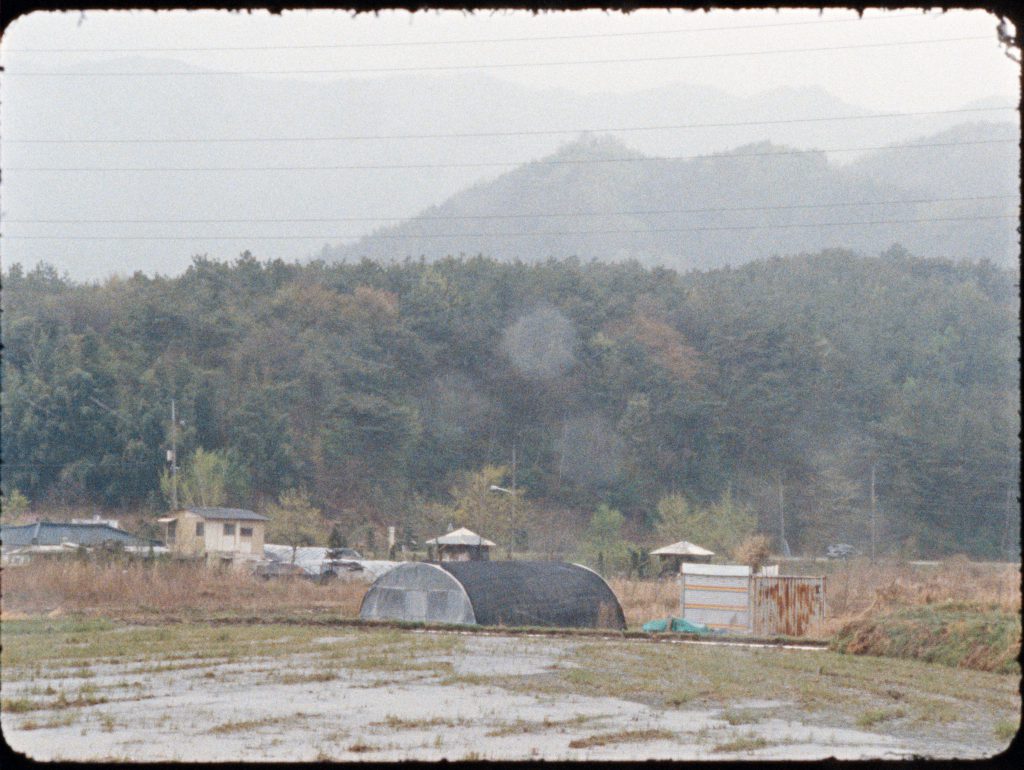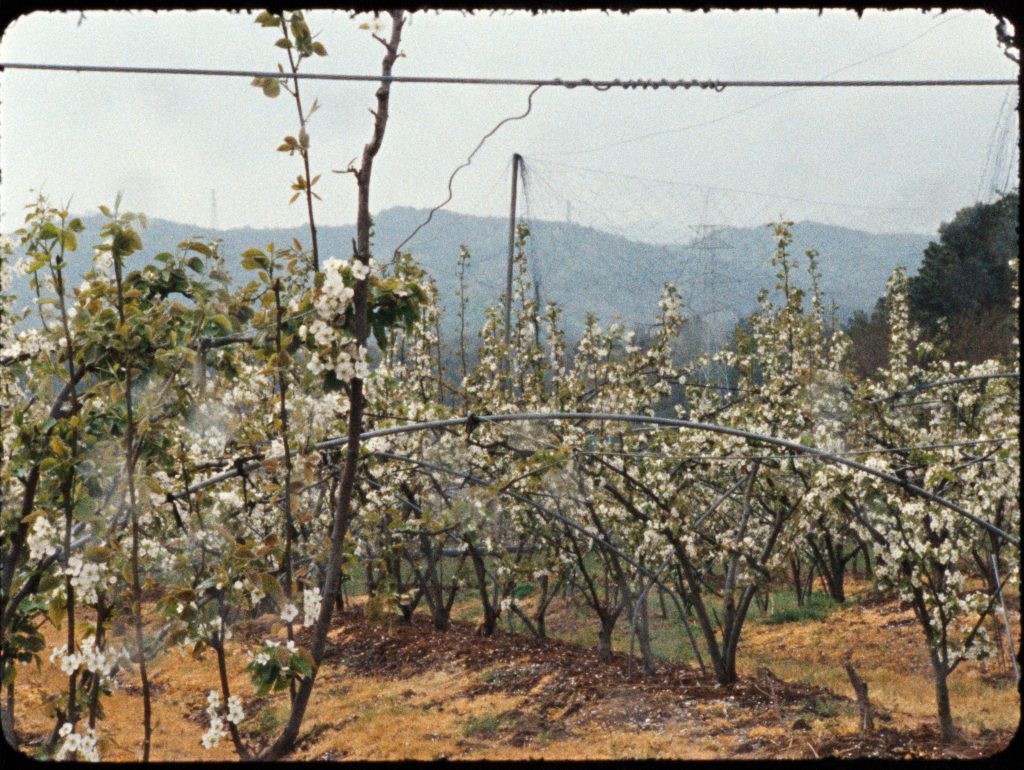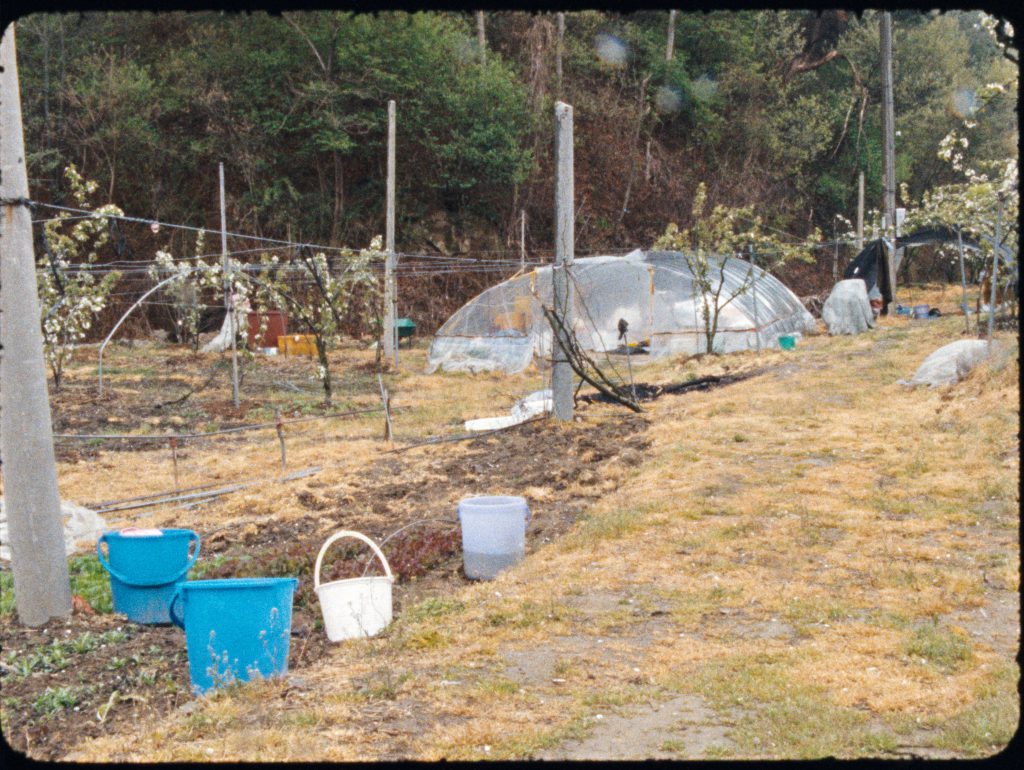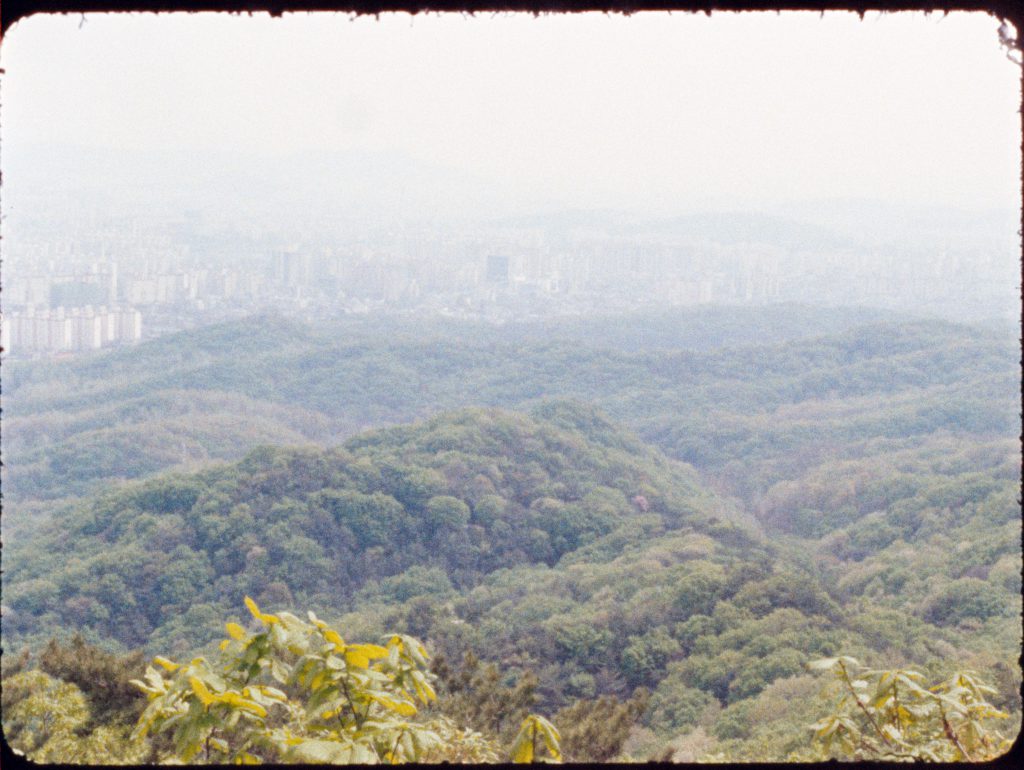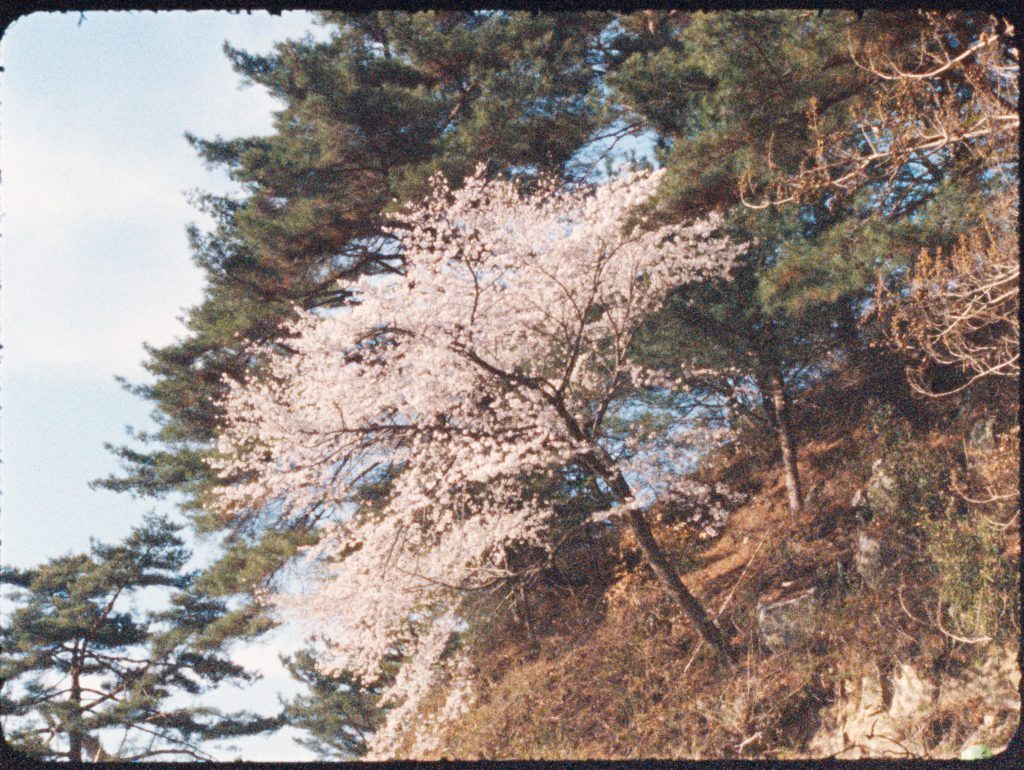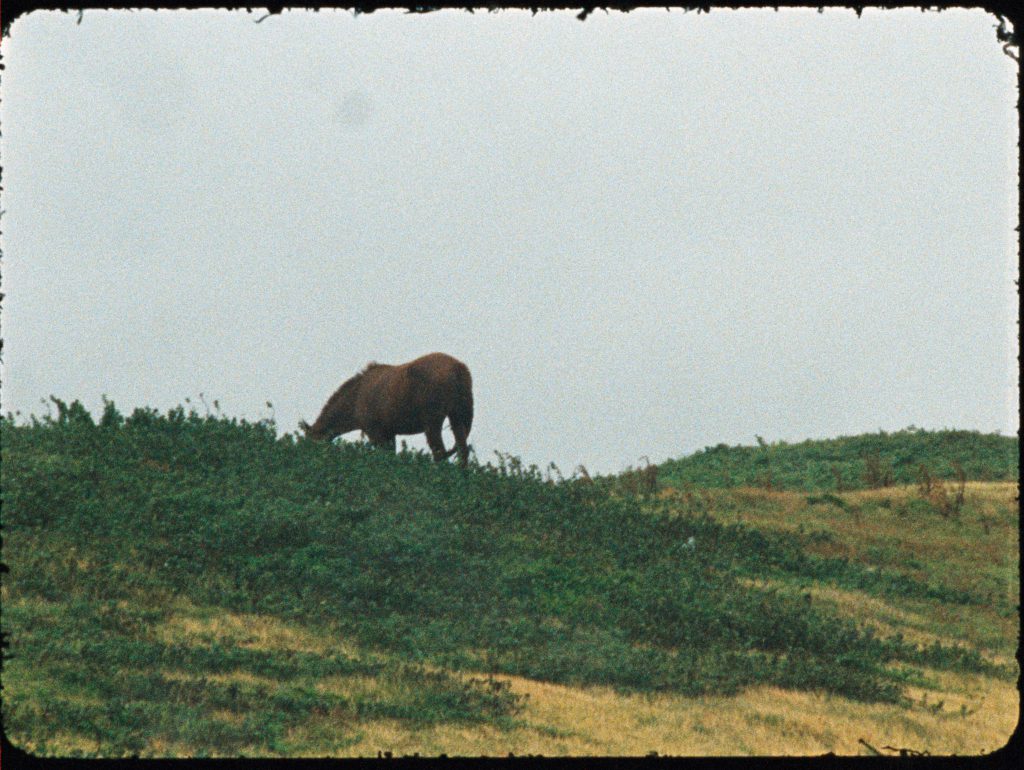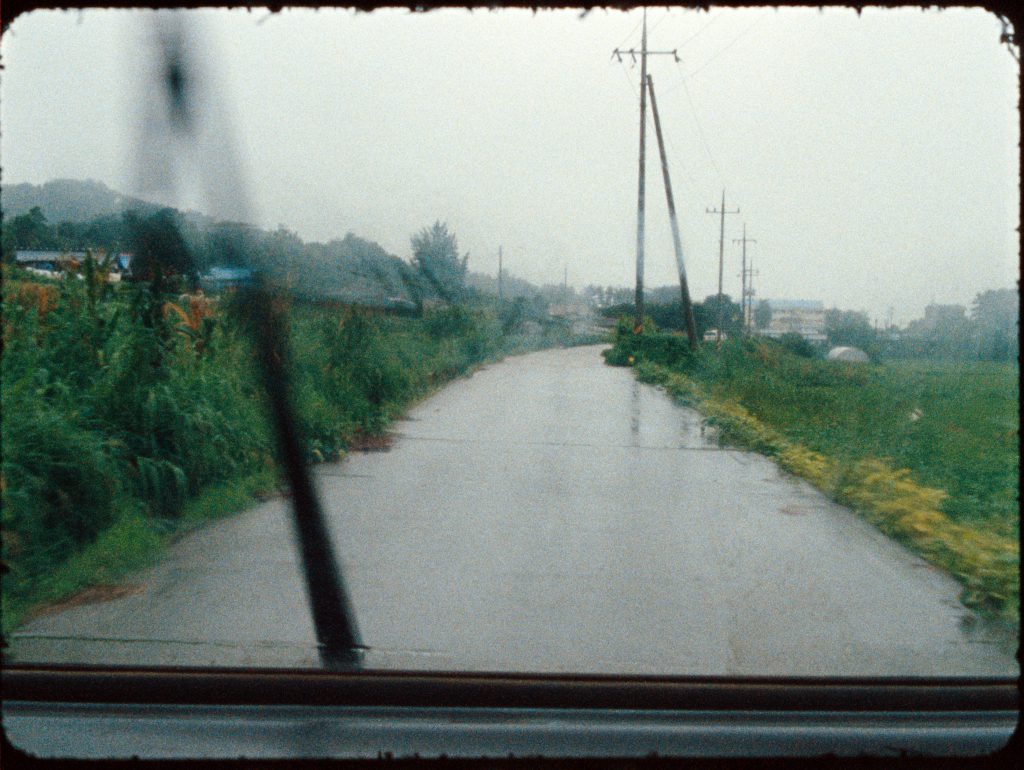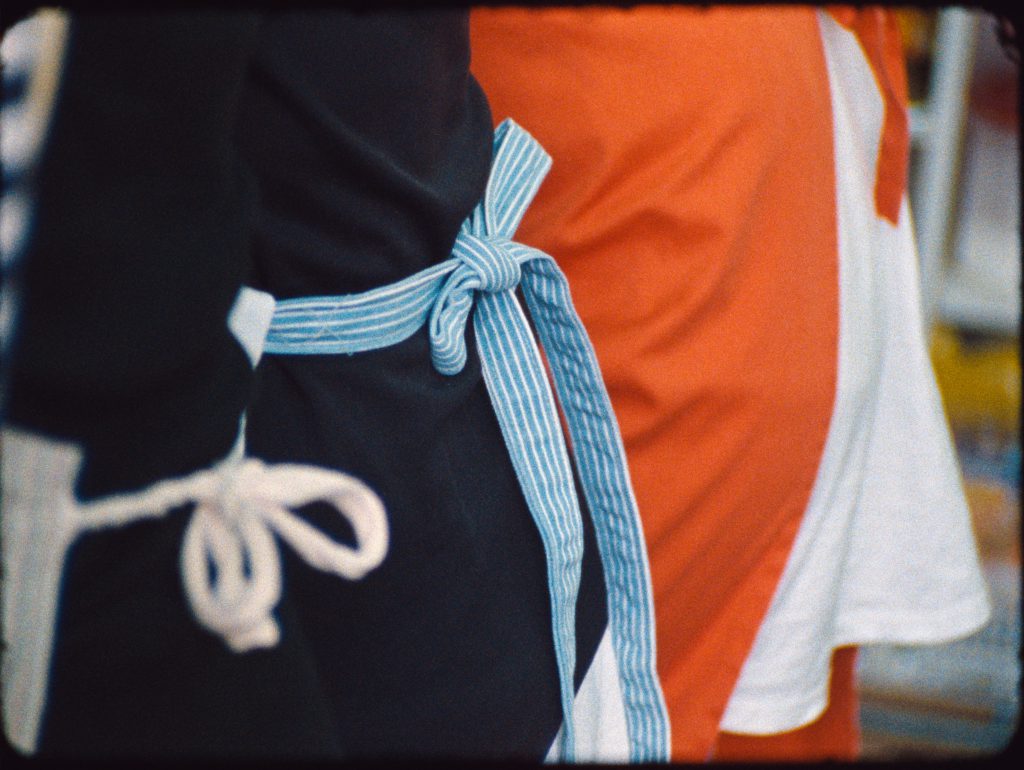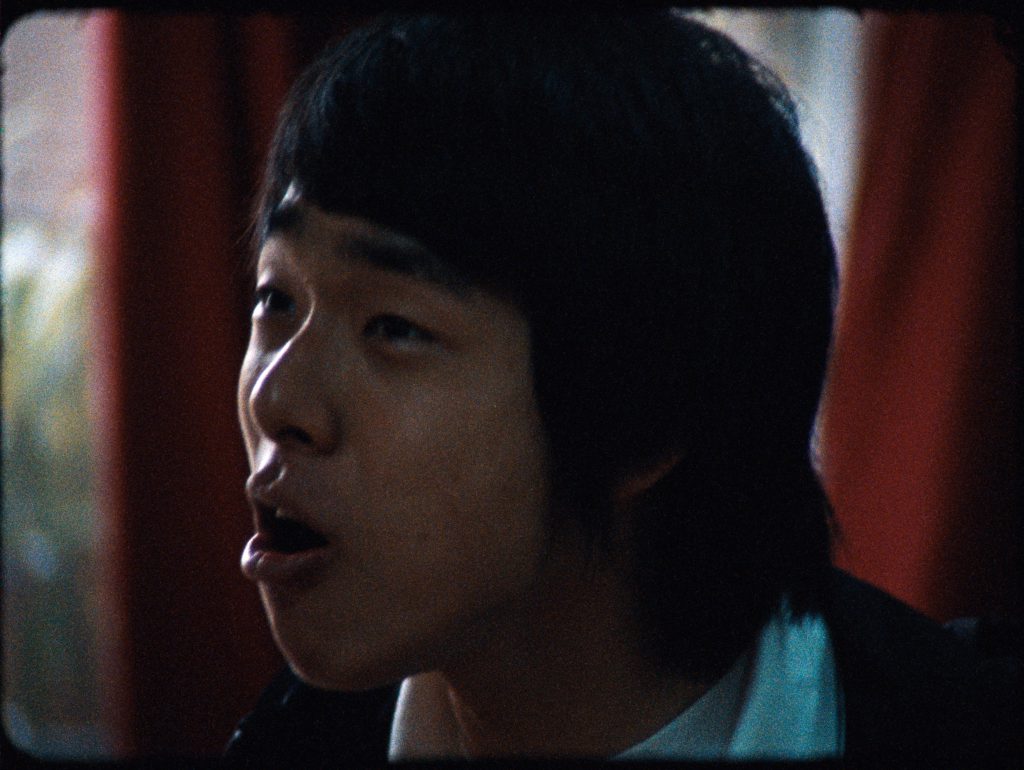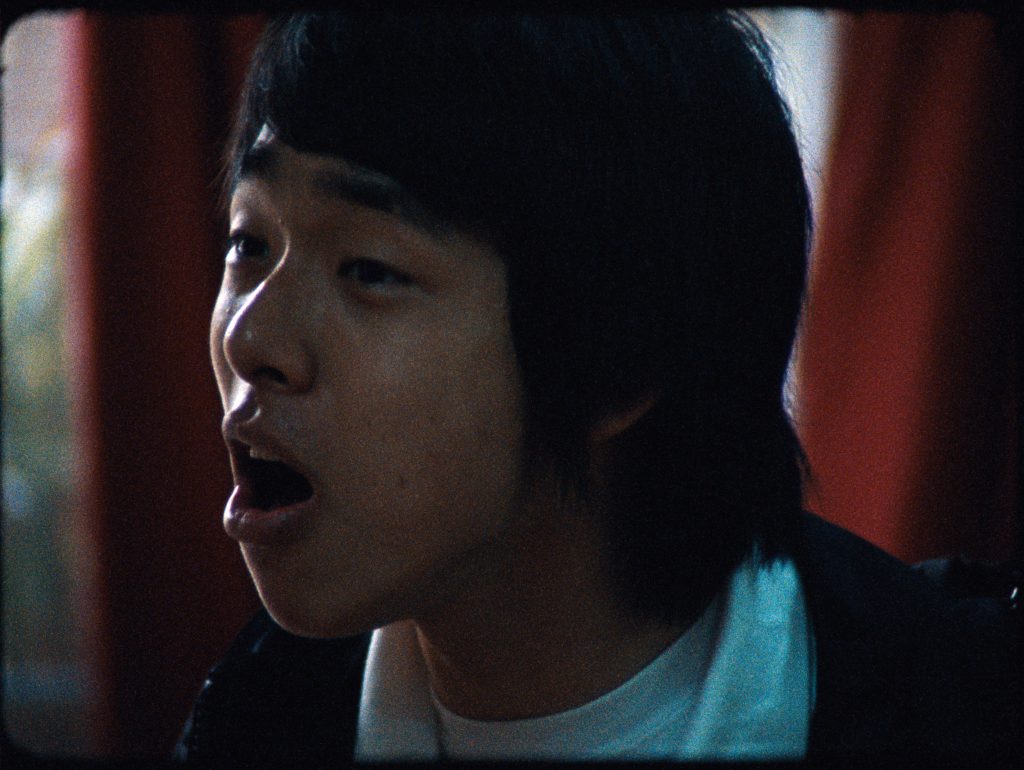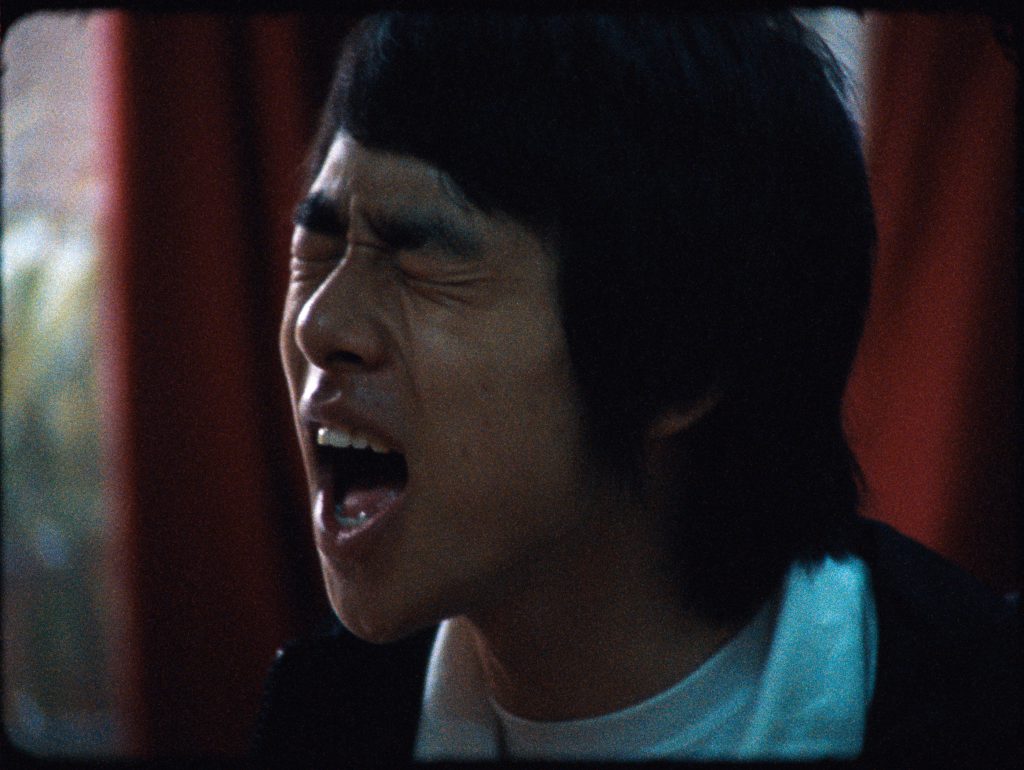Anselm Franke
Marvels of the East
Berlin: Archive Books, 2012
For Western writers of both literature and philosophy the “Far East” always played the role of a constitutive outside – not least an outside from which one could look back at one’s own society as if from a distance. Think of Borges’ Chinese Encyclopedia invoked by Foucault at the beginning of the Order of Things. The production of this distance − an ontological distance, a distance that allows for the thinking of wholly different worlds − bears some resemblance to experiences of intoxication, such as referred to by Walter Benjamin in his essay on surrealism where he describes how intoxication “loosens” the selfcentered ego “like a tooth”. Suddenly, the distinctions between metaphysically fixed categories become permeable, borders turn into membranes. “East Asian wisdom” provided the West with a foil for a different dialectic: a dialectic of immanence, that is, without a transcendence, without an outside. Immanence not necessarily in a religious sense, but rather in a systemic one where oppositions penetrate each other dynamically like in the famous Ying and Yang principle, or the dialectics of the full and the empty in the Tao te-Ching. [continue reading]
Lee Bo Hyung
The Misfortune of Pansori and a Story
Berlin: Archive Books, 2012
I was born in Gimje at the western coast of Jeollabuk Province. At the time society was still very traditional. The place was 216 kilometres away from the train station, so the local culture remained rather untouched. I didn’t see a train until I was an adult. There were no cars that would come into town. Only airplanes flew overhead sometimes. All the people were farmers. There were no machines, so they worked manually all year round. From time to time they sang songs and played music for various occasions and seasons. When there was a festival they called performers and asked them to perform pansori. I grew up witnessing shaman rituals to exorcise the ghost when someone had died drowning. [continue reading]
Frederik Svensk
The Ecological Environment of this Film
Berlin: Archive Books, 2012
It does not at all feel natural to treat this film within a predetermined genre or context. But if we made an attempt anyhow, we could say that the film intervenes in what is sometimes called classical film theory based on the ontological paradigm where formalistic theories, such as those of Sergej Eisenstein, are contrasted with theories oriented towards questions of realism, such as those of André Bazin for example.
The form of this film is too complicated to regard it merely as a realistic, let’s say ethnographical film, and I do not see any effort to do pansori tradition justice. While apparently the montage is neither constructed along a linear narrative with a starting point, nor following a predetermined editing principle, it should not be reduced to a representation of pansori’s grammar or an unconventional breach of style, even though such a reading would be possible. The distance and relation to the filmed objects vary at all times. In close-ups, medium shots, as well as location and milieu shots it is uncertain which object the camera is focusing on. The camera oscillates between static examinations as seen from a tripod, a groping registration with a shaky hand-held camera and occasionally a more or less cinematic perspective. [continue reading]
Elke Marhöfer
Difference Indifference Anti-difference
Berlin: Archive Books, 2012
What are the mechanisms and procedures that produce foreignness? What patterns of perception display foreign as foreign? Is it enough to oppose the idea that we could understand the foreign, while keeping foreignness as a concept? What if foreign is a trope itself? How can anything or anyone be foreign, when I/we/you/she/he/it/they/us/them are difficult to maintain as dividing categories?
Rejecting the semiotic system that constitutes foreignness in order to shut up singularities in oppressive segregation is to become close to fearless without being detached from the world. [continue reading]
Thanks to Choe Tong Hyon, Lee Bo Hyung, Lina Persson, Che Choe, Olaf Hochherz and Matthias Entreß.
Additional support provided by the University of Gothenburg, Akademin Valand.
For public or institutional screenings, please contact Arsenal Distribution Berlin
